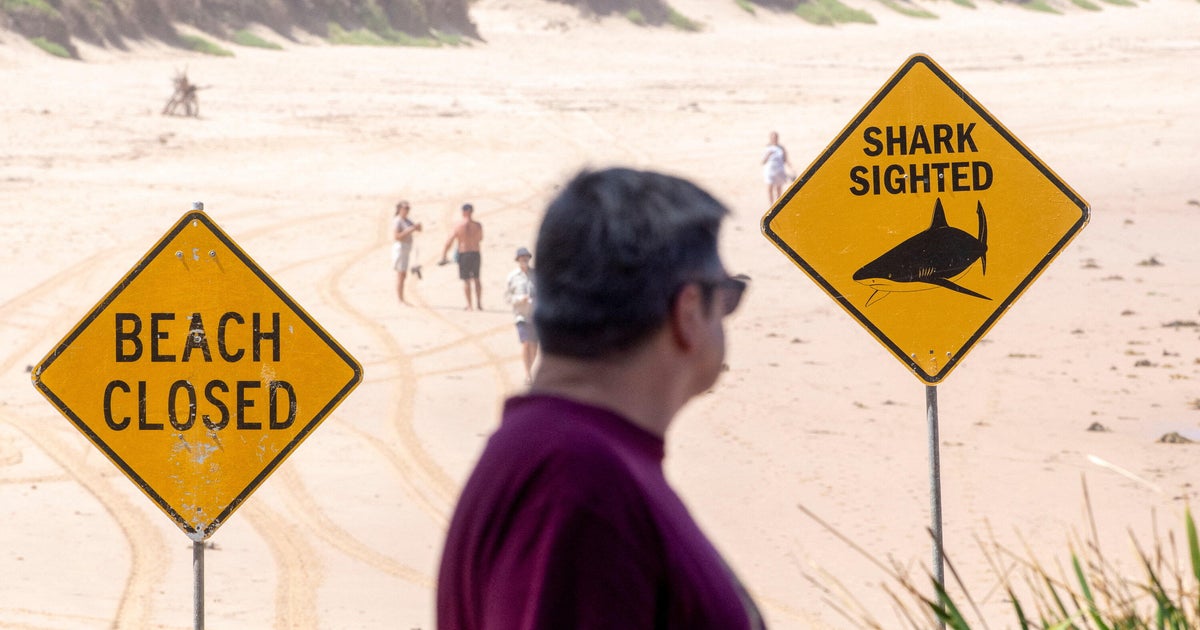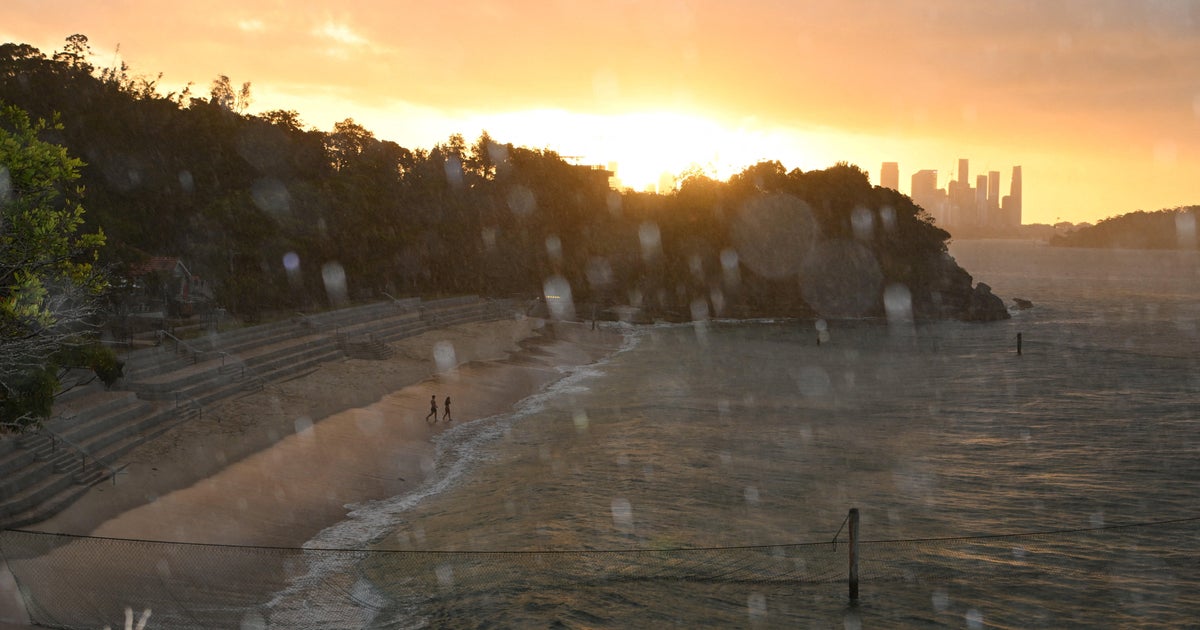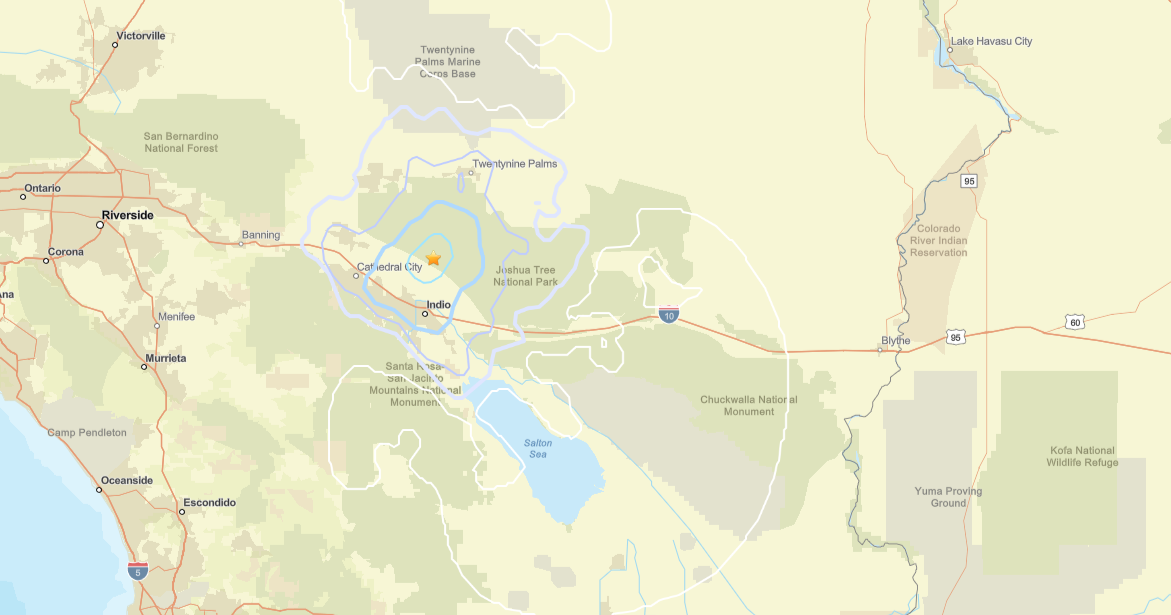Calif. To Consider Listing Great White Sharks On Endangered Species List
SACRAMENTO, Calif. (AP) — They are the most feared predator in the ocean, but the state of California thinks great white sharks might need a little protection of their own.
The Fish and Game Commission will consider Wednesday advancing the candidacy of the giant sharks to the California Endangered Species list, which will immediately enact protections during a yearlong review. The commission staff has recommended the shark be listed for candidacy.
Scientists have not been able to get an accurate count of great white sharks worldwide, but the petition from the conservation organization Oceana and two other groups was aimed at a subspecies that lives along the California coast. A study two years ago by UC-Davis, Stanford's Hopkins Marine Station and others estimated the population at around 220, though little else is known about their breeding and migration habits.
"Whether that's always been the number or that represents a decline, we don't know," said Mike Sutton, vice president of the commission and founding director of the Center for the Future of the Oceans at the Monterey Bay Aquarium. "The department feels there is sufficient evidence to trigger candidacy."
Great white sharks became universally feared after one was featured in the movie "Jaws" terrorizing beachgoers in a New England town. They make the news when they attack swimmers, and a California surfer died from a white shark attack off the coast of Santa Barbara County in October. Another fatal attack occurred two years prior in the same area.
Oceana described California's great whites as being on the brink of extinction because of low numbers. The main threat to them is incidental capture in fishing nets.
While targeting white sharks is prohibited, there are no limits on incidental catches.
"Whether or not you find great white sharks to be awe-inspiring or fear-provoking, they are an important part of the marine ecosystem, and due to their low population size and threats from human activities, they merit an endangered species listing," said Ashley Blacow, Oceana's Pacific Policy coordinator.
The sharks, which can grow to 20 feet long, already are protected by international treaties, but the candidacy status would mean the state protections will be enacted immediately. The biggest impact will be to set gillnet fisheries in Southern California, which sometimes snag juvenile white sharks while bottom fishing for halibut.
Fishing groups are unhappy with the potential listing.
"Last year, we lost a bunch of areas we fished to marine protections. Now environmental groups are looking for another fishery to fry," said Chris Hoeflinger, spokesman for the Ventura County Commercial Fishermen's Association. "This is going to be a big impact."
Hoeflinger said that as California regulations make it more difficult to fish, American consumers will have to rely more on imports that may not have come from clean water or been fished sustainably.
"Do you want (a California fisherman's) fish he just caught that day, or do you want halibut from Mexico caught three weeks ago?" said Hoeflinger, who fishes for golden spot prawns.
Copyright 2013 The Associated Press.







